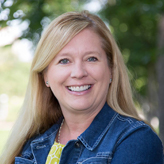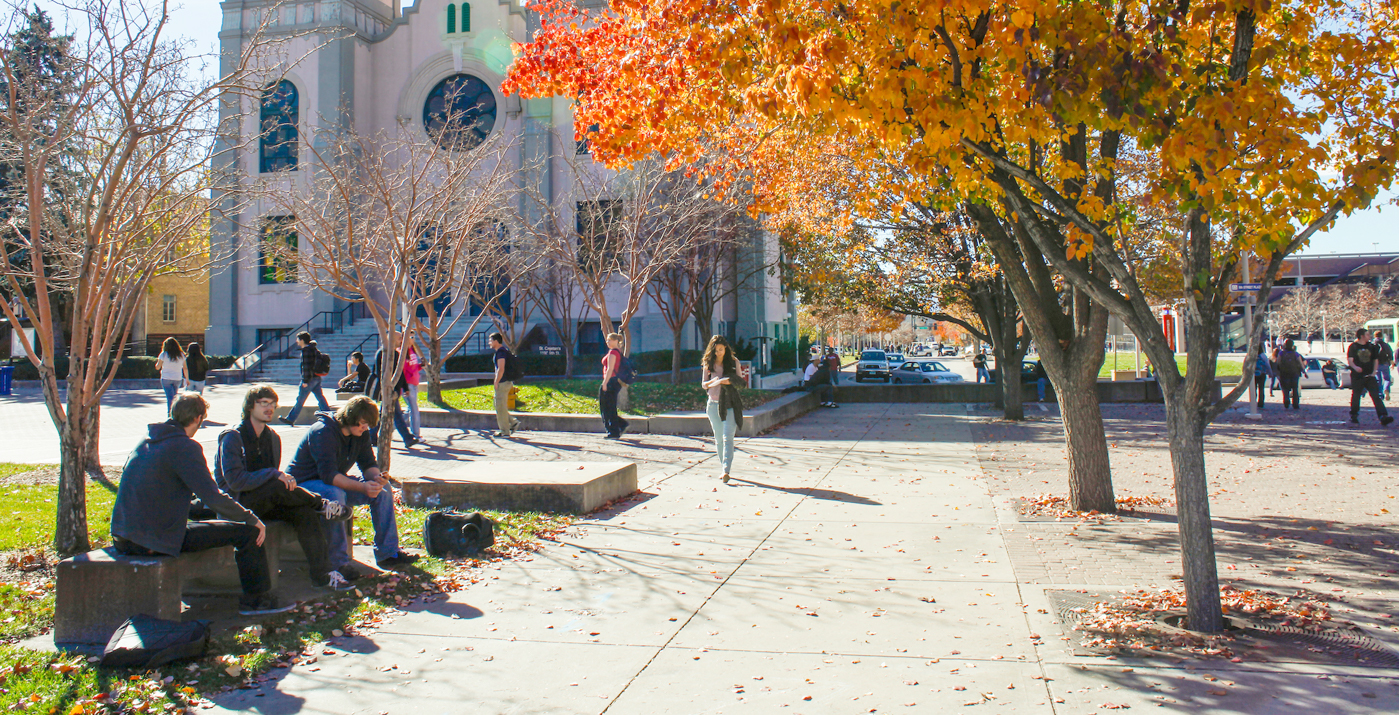Inspired by generations new and old
How a health care management professor helps one generation find purpose with another
It’s clear when speaking with Dore that her work inspires her endlessly. Whether it’s classes she teaches, the role she’s played developing the graduate health administration program or her scholarly work that emphasizes underserved communities in rural areas, among people of color or the elderly, Dore seeks out opportunities for making a contribution.
Like a lot of people, Dore wanted a health care career to help others, so she thought she’d become a nurse. But after taking a few prerequisites, she realized nursing wasn’t it. But what do you do when you don’t want to be a doctor or a nurse?
“I am a giver and enjoy helping people. I first thought I wanted to be a nurse. I even started the nursing program at Regis. The loss of my paternal grandfather showed me that a nursing career would likely too difficult for me – emotionally. I still wanted to work in healthcare and found the health care management degree at (what was then) Metropolitan State College of Denver.”
At the time, MSU Denver offered the only undergraduate program in health care management in the region, and it allowed Dore to explore different areas within health care while studying the business-side of the industry.
Her internship at a dental practice landed her a job, and for years she managed this business and built a consultancy working with other small practices. Along the way, she earned an M.S. in health systems from the University of Denver and began teaching part-time at MSU Denver “I loved teaching,” she said. “It’s part of my nature to give back and I knew teaching would be the way to do that.”
For her doctorate in health administration from Central Michigan University, she wrote a dissertation about hospital survival in rural areas inspired by her upbringing in a small Oklahoma town and the challenges small-town hospitals face.
Since then, she has continued her research on rural health and studied racial, ethnic and cultural disparities and social determinants of health, co-authoring with Alyson B. Eisenhardt the 2015 textbook, Cultural Learning in Healthcare: Recognizing and Navigating Differences

“I am a giver and enjoy helping people. I first thought I wanted to be a nurse. I even started the nursing program at Regis. The loss of my paternal grandfather showed me that a nursing career would likely too difficult for me – emotionally. I still wanted to work in healthcare and found the health care management degree at (what was then) Metropolitan State College of Denver.”
Currently, her work focuses on improving services for seniors and removing barriers to building an enthusiastic aging services workforce to address not only the emerging needs of Boomers but also the impending needs of Gen Xers and Millennials. When she initially asked students about how they would define aging services, they thought she was talking about aging buildings. As her work has progressed, Dore has found that the more awareness students have about aging and the helping professions, the more interested they were in exploring aging services careers. She hopes the work she’s doing related to elder care has the potential to become an MSU Denver aging services leadership minor or certificate that will lead students to becoming educated aging services practitioners.
“This is the one area that has always been in my heart,” she said. “Some people struggle finding their calling and some people are blessed to know their passion – mine is working with and for our older population. Well, not only working with older adults, but helping and absorbing their wisdom.”
The 2017 launch of the Master of Health Administration degree at MSU Denver, also reflects Dore’s desire to populate the health care sector with highly skilled leaders bent on changing an ailing and often inequitable system. “We looked at job prospects and how we could make a difference in health care in Colorado,” she said. “Colorado is diverse. We wanted to provide an opportunity for students who might never dream that they could get a graduate degree who then might go on to serve their own individual and unique populations.”
With health care at the forefront of societal concerns, public health and policy are common career goals for graduate MHA students along with health care technology and the access that can provide.
“There’s a lot of interest in health care advocacy, in patient and health navigation,” she said. Now that students are finishing the program and making their way into the workforce, “it’s nice seeing our students make a difference. If anyone is going to make a difference, it’s the generation we have now.”

